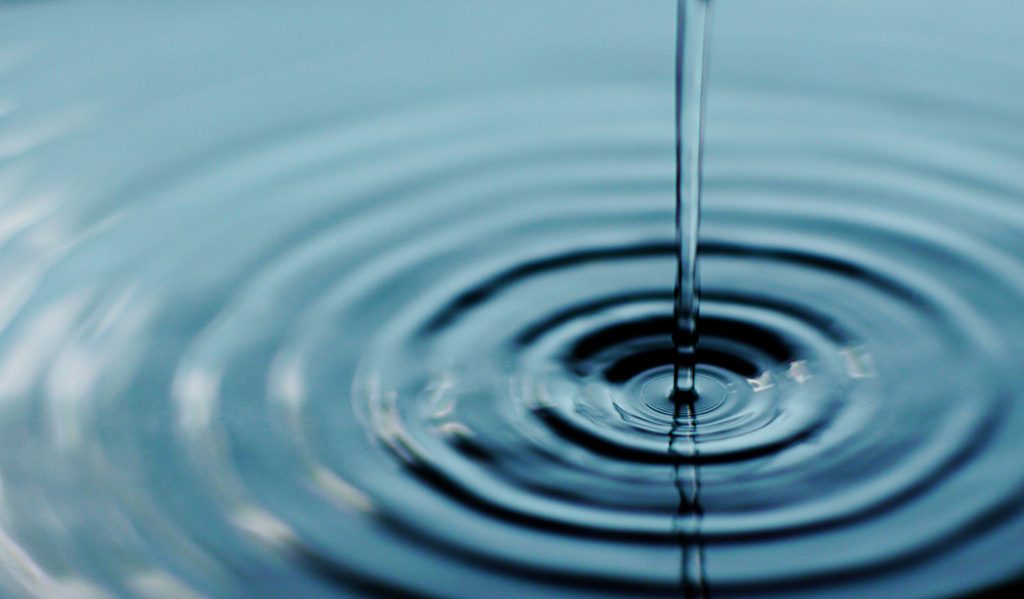Water is healthy for you. Obviously. It’s better than sugary drinks and cheaper than a fresh smoothie or fruit juice. But when it comes down to taking your water with you on the go, what is the best option? Do you buy a plastic bottle on your way or do you fill up a reusable bottle at home?
Statistics published by the United Nations show that 783 million people worldwide don’t have access to clean water. Ironically, Fiji, where the Fiji water comes from, is one of the worst countries for water access. Nearly 53% of the population doesn’t have a safe source of drinking water.
People can have many reasons to prefer bottled water over tap water – they like the taste better, they like the convenience of buying a bottle on-the-go, they think it’s safer to drink sourced water, or they even use a popular brand as a fashion statement. But bottled water has more impacts than tap water. These impacts include a bigger cost for the consumer’s wallet as well as negative consequences for the environment and possibly your own health.
Consumer’s wallet
Buying a new bottle of water frequently can become quite costly. Depending on what brand you buy, prices range from $0,81 and can go up as much as $5 for a specific brand (or up to $6,000 if you’re really thirsty). Most of the times the advertised ‘spring source water’ is actually just tap water that has gone through a filter or has been purified in some way. Which means you would pay for something you can easily do yourself by installing a simple faucet-mounted filter in your kitchen. One thing is for sure, it is a lot more expensive to buy a bottle on a daily basis than filling up a reusable bottle at home.
Safer water
Many people think that drinking water from the tap is more dangerous than drinking bottled water. Depending on where you live and where your tap water comes from, it’s reasonable to think twice before you tap your water. Be sure to check where you can tap your water and where you can’t.
But bottled water comes with concerns of its own. When the water is bottled in plastic, the chemicals from the plastic can contaminate the water. The chemicals would not contaminate the water under ‘normal’ circumstances (in a not too warm environment, unopened bottles), but when you keep your bottle in a hot car (or anywhere where the temperatures can rise to above normal room temperature) the chemicals can get into the water.
Environmentally friendly
The production of plastic water bottles has majorly increased over the last couple of years, as the demand has increased as well. People only use a water bottle once and only a small percentage of the plastic bottles gets recycled. Buying a good reusable water bottle that is made from glass or other durable materials might be a one-time investment, but has far less impacts on the environment. Some water bottles even come with a built-in filter that can filter your tap water without the hassle of installing a filter in your home.
There are several upsides and downsides to both options, but one is a clear winner. Both for your wallet, health, and environment, investing in a reusable water bottle is the best option for your water intake on-the-go.
